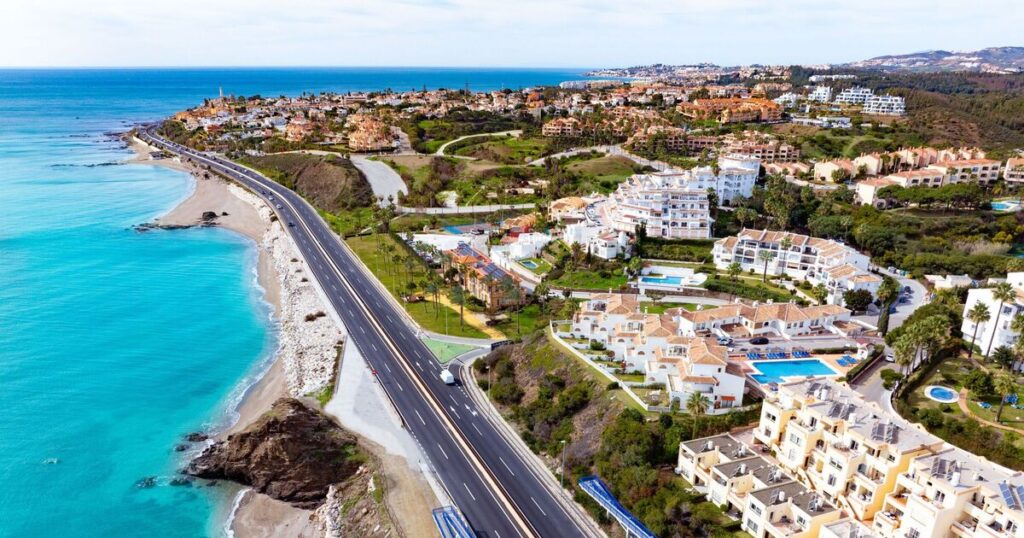Bookings for tourist apartments in Malaga have witnessed a significant drop in demand over the last six months.
According to the Economist, between July and November 571, I stayed in apartments such as Airbnb, compared to 609,277 bookings for the same period in 2023.
The decline is in the domestic market, and experts attribute it to a decline in demand from other parts of Spain.
However, the photos for foreign tourists, including people from the UK, were very different. A total of 419,581 travelers were recorded last year, up from 395,679 in 2023.
Naturally, August was the most popular month, with a total of 160,683 bookings, of which 51,612 were Spanish residents and 109,071 were foreigners. Meanwhile, November was the quietest in its month, with 17,216 residents and 57,334 foreigners.
The numbers are based on licensed apartments, are not regulated and do not take into account properties that do not have official data as a result.
Figures from the Tourist Apartment Occupancy Survey show that 152,193 Spanish residents stayed at regulated accommodations in 2024, compared to 213,598 the previous year.
Economists suggest that the number of registered apartments fell by 11,441 last year.
However, it remains unclear whether these domestic residents were affected by major protests that have been caused by the “saturation” and overcrowding of tourist destinations last year.
Last year, protests against overtourism in Spain occurred at Spain's most visited destinations, particularly by tourists such as Balearic, Canary, Barcelona and Malaga.
Within them and local governments, the concern is not about maintaining the place, but rather that excessive tourism contributes to a decline in quality of life and an increase in the cost of living for residents.
In Barcelona, residents populations have fallen by 45% in some urban areas between 2007 and 2019 – even before the pandemic and tourism surge since restrictions ended. This was primarily due to the impact of Airbnb, where investors used it as a short-term rental to buy apartments, reducing the availability of real estate for residents.
According to the Spanish National Institute of Statistics, in 2024, Spain had around 94 million tourists, compared to a population of 48 million.
A massive protest began in the Canary Islands in April, and residents are calling for temporary restrictions on tourism until laws are introduced to combat the negative effects of overtourism. As many as 50,000 people from the archipelago participated in the coordinated protest. This argues that campaigners are undermining the population and the welfare of the island's environment.
In May, around 10,000 people protested at Palma de Malorca, and other protests occurred at the same time in the small Balearic Islands of Menorca and Ibiza. Mallorca protesters specifically called on the government to prevent new residents from opening up real estate and new tourist attractions, but concerns have been raised about the island becoming a party hotspot in Ibiza.


